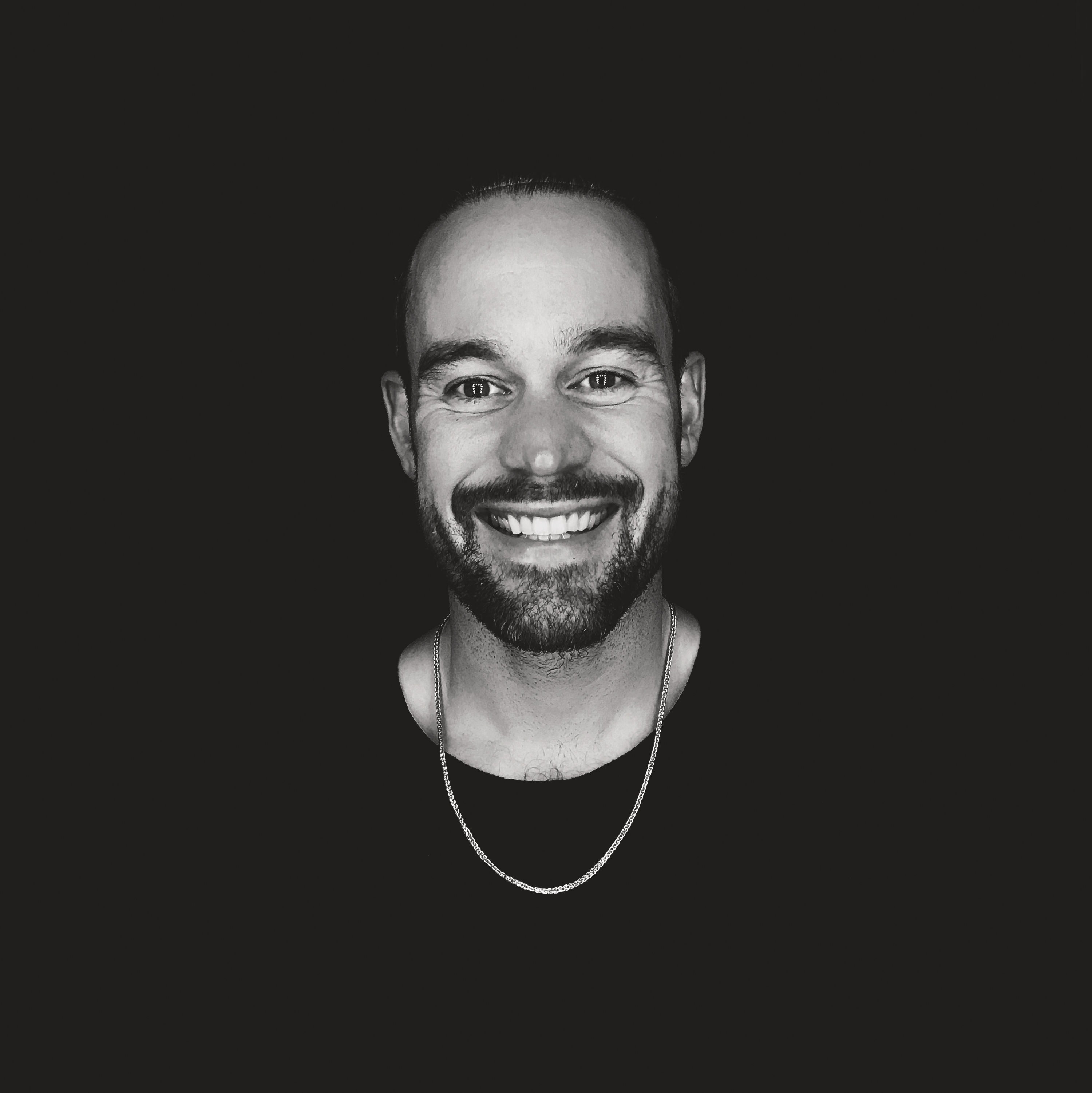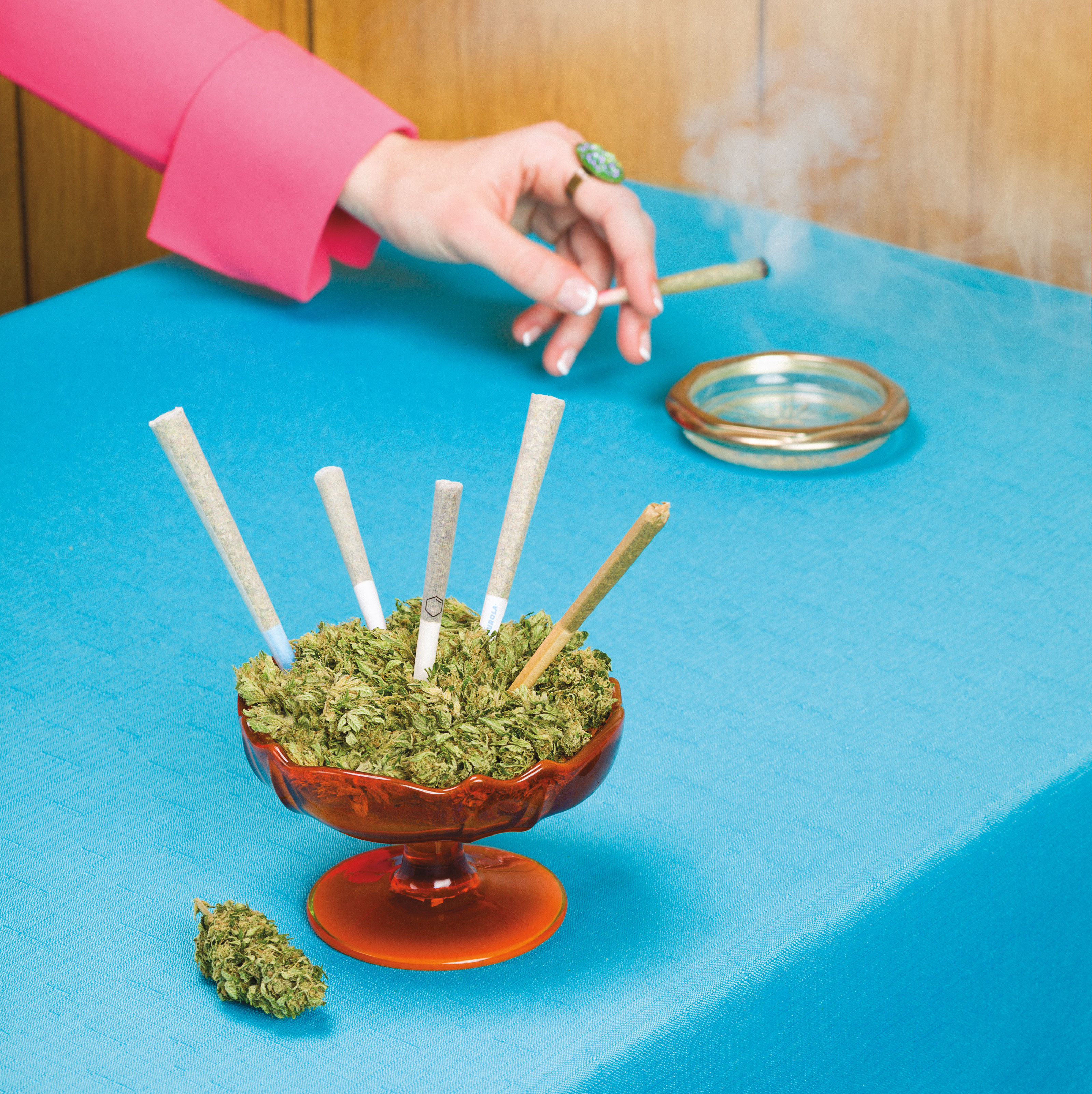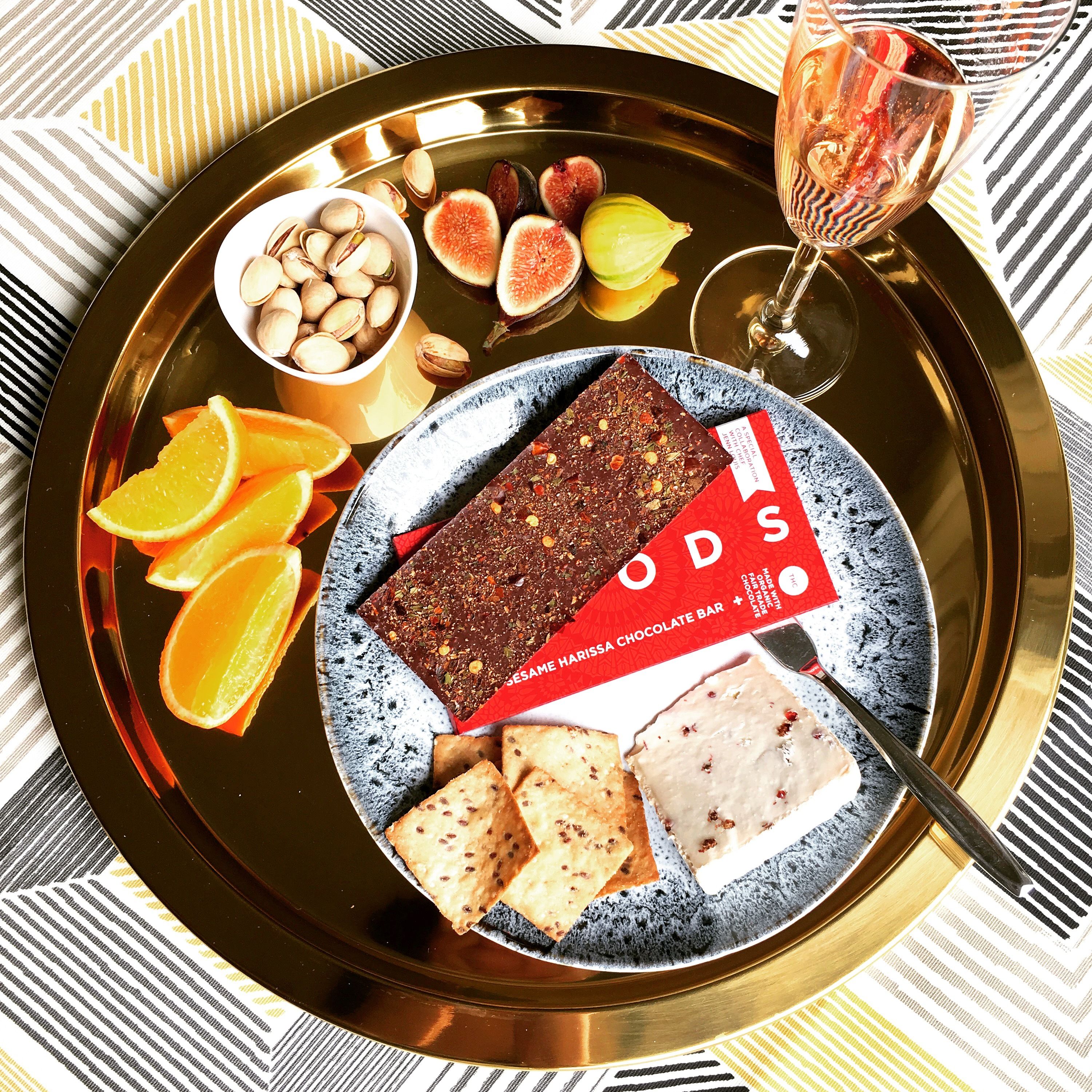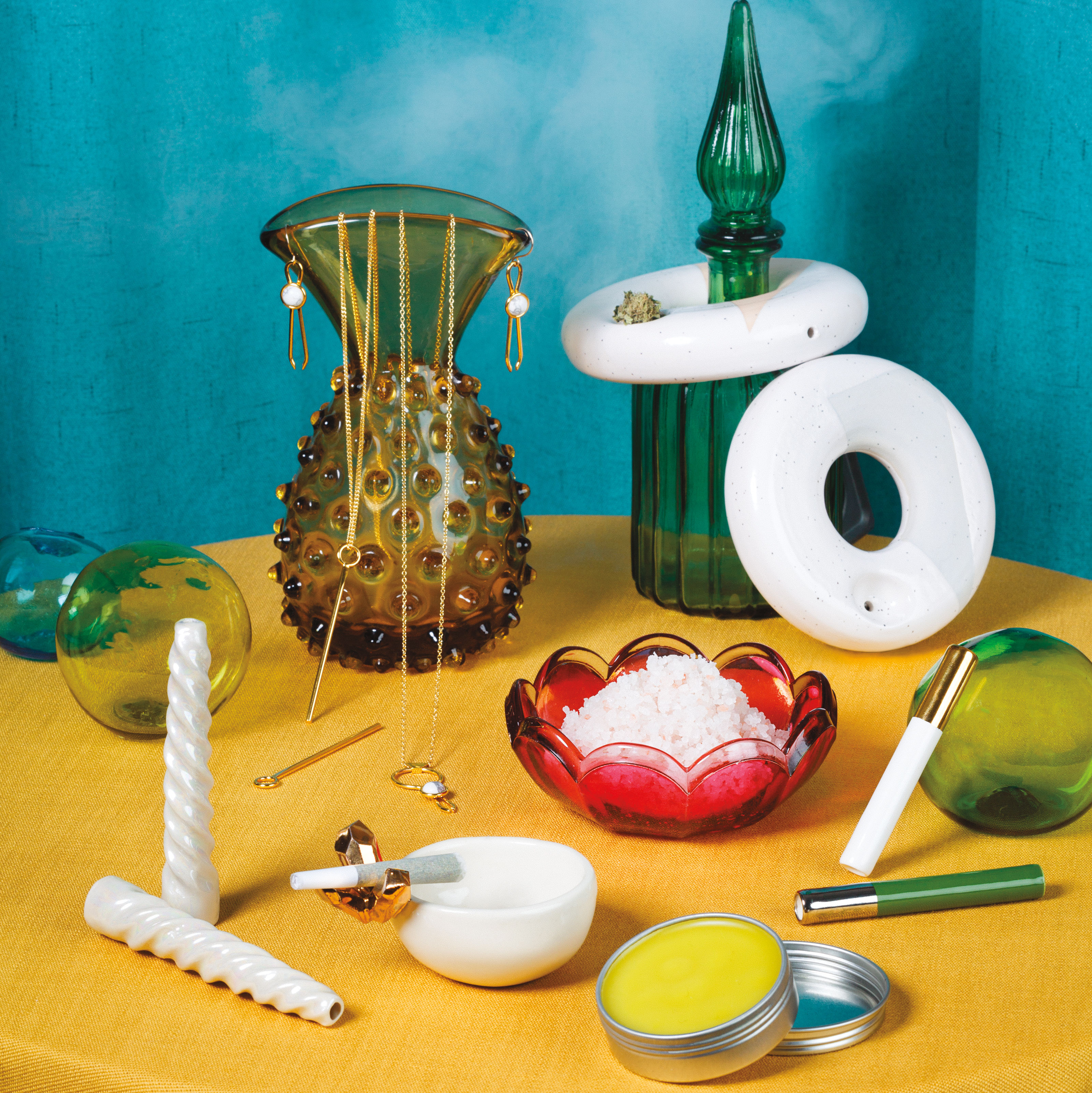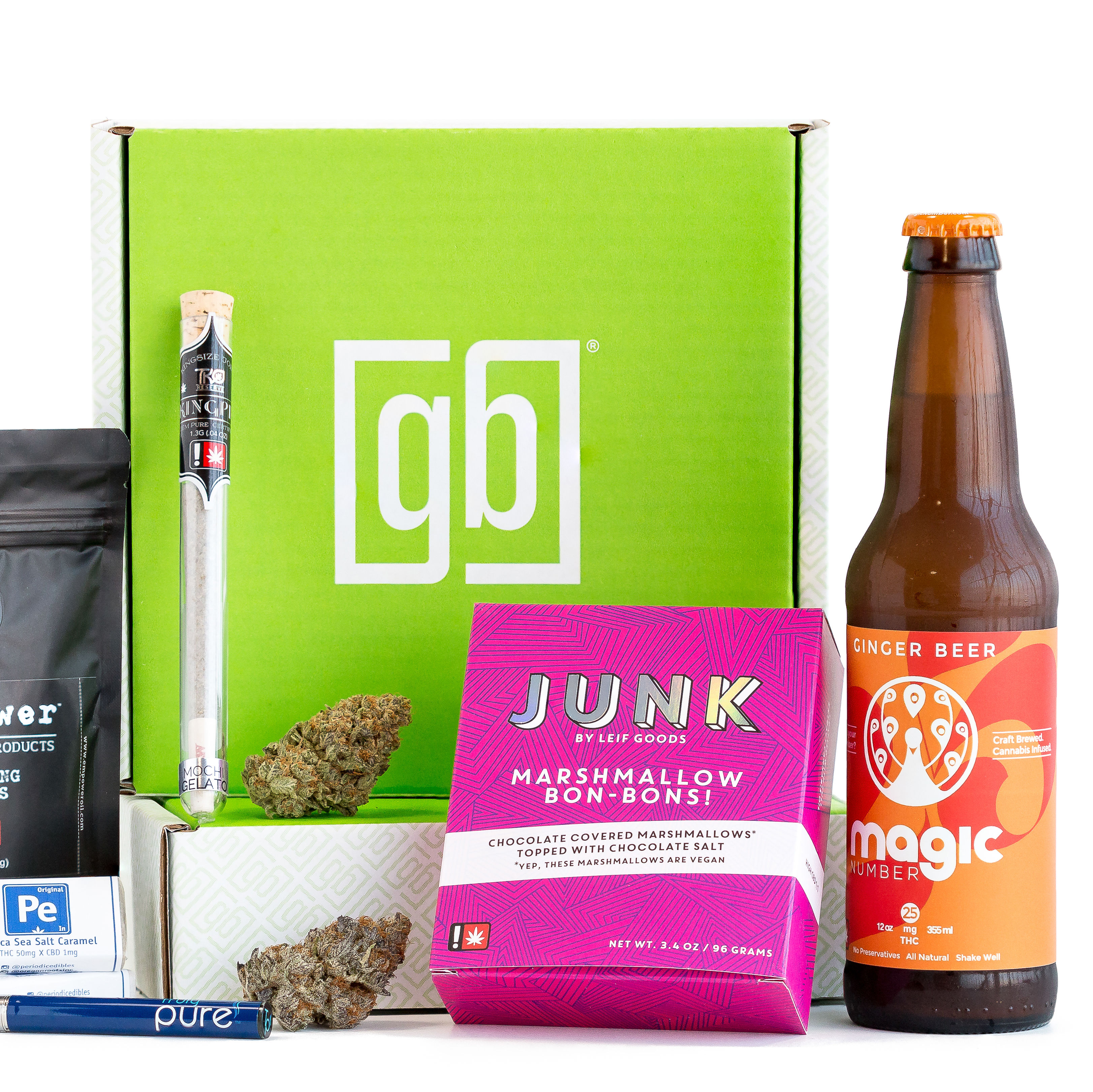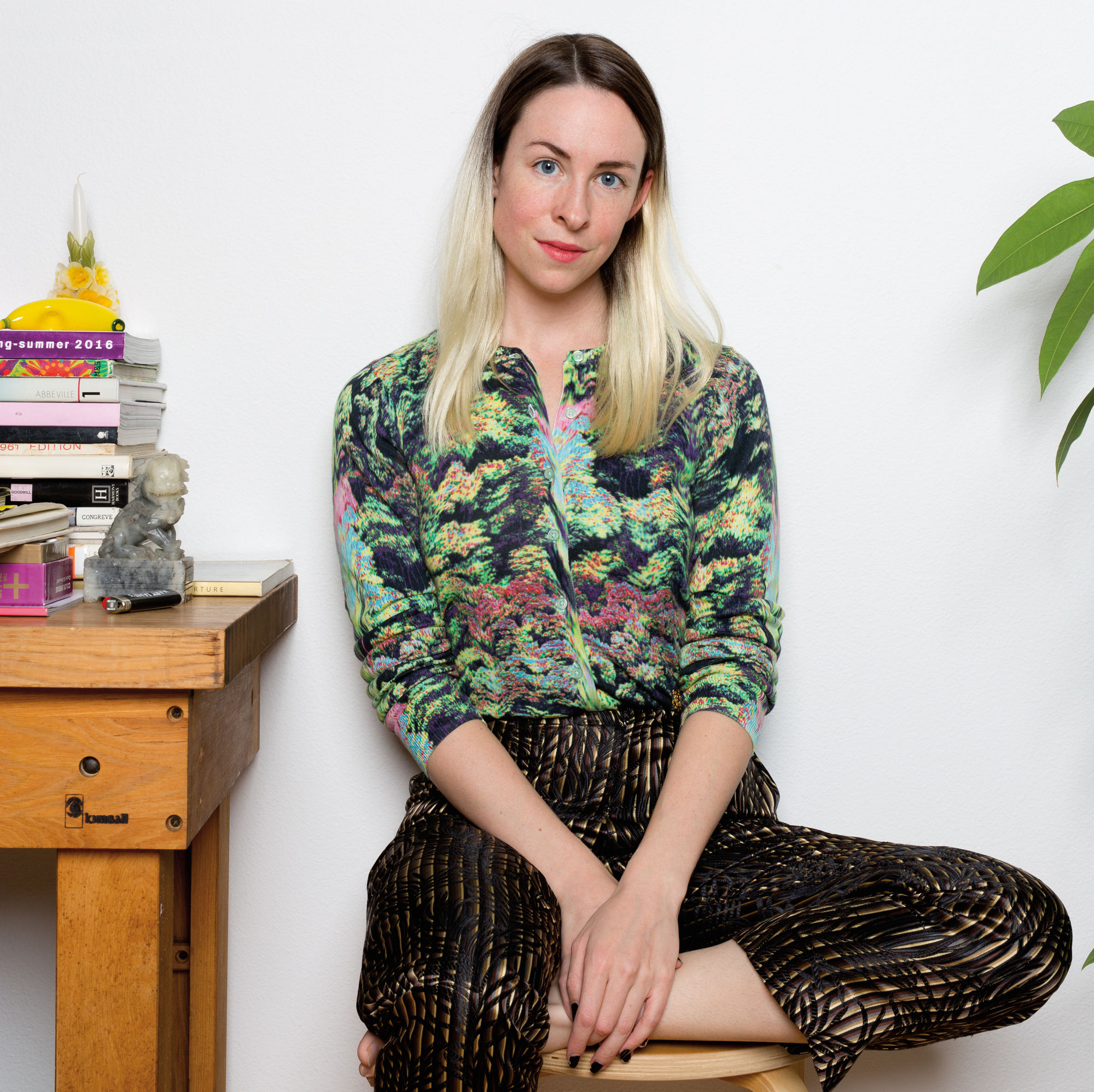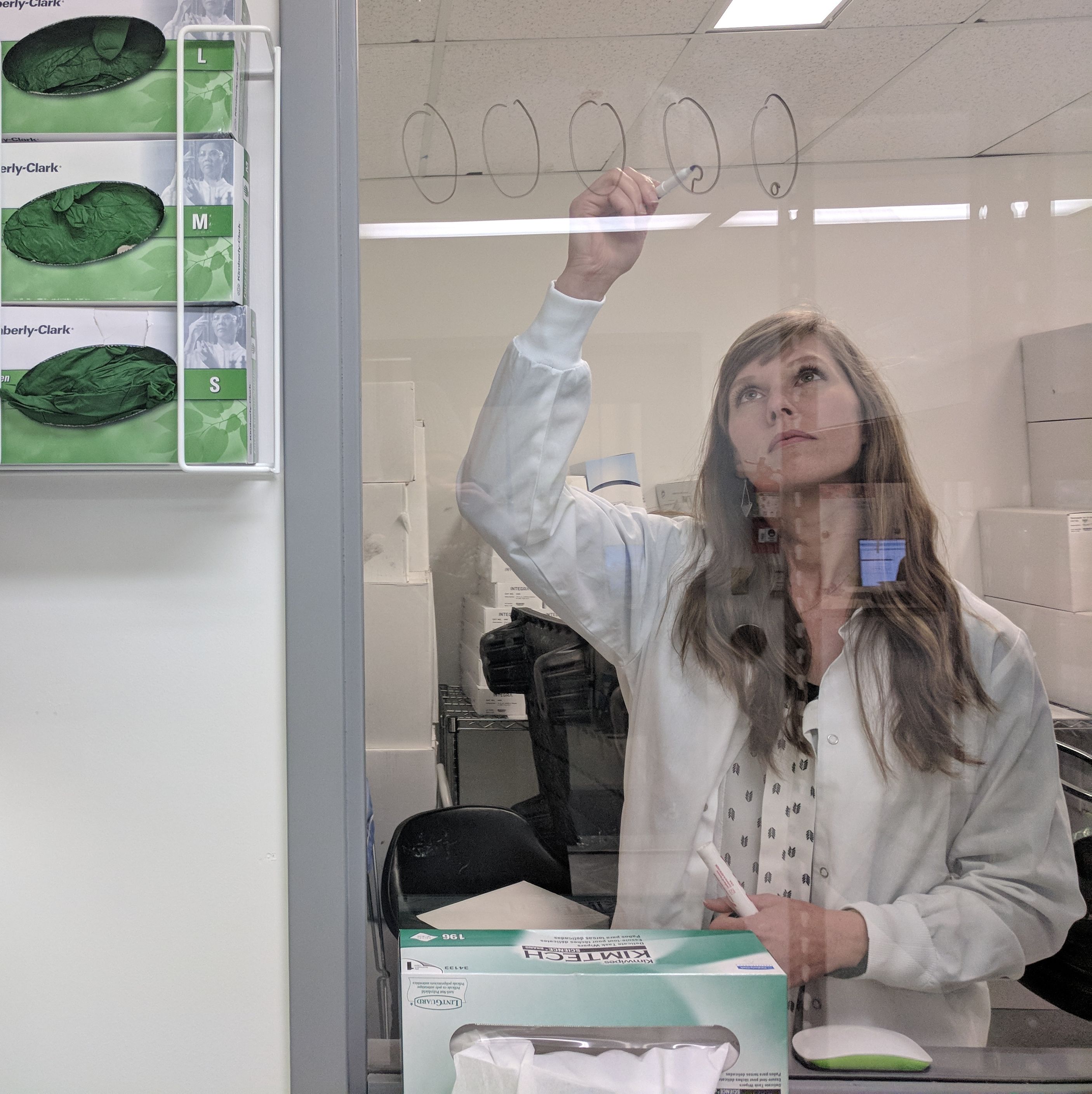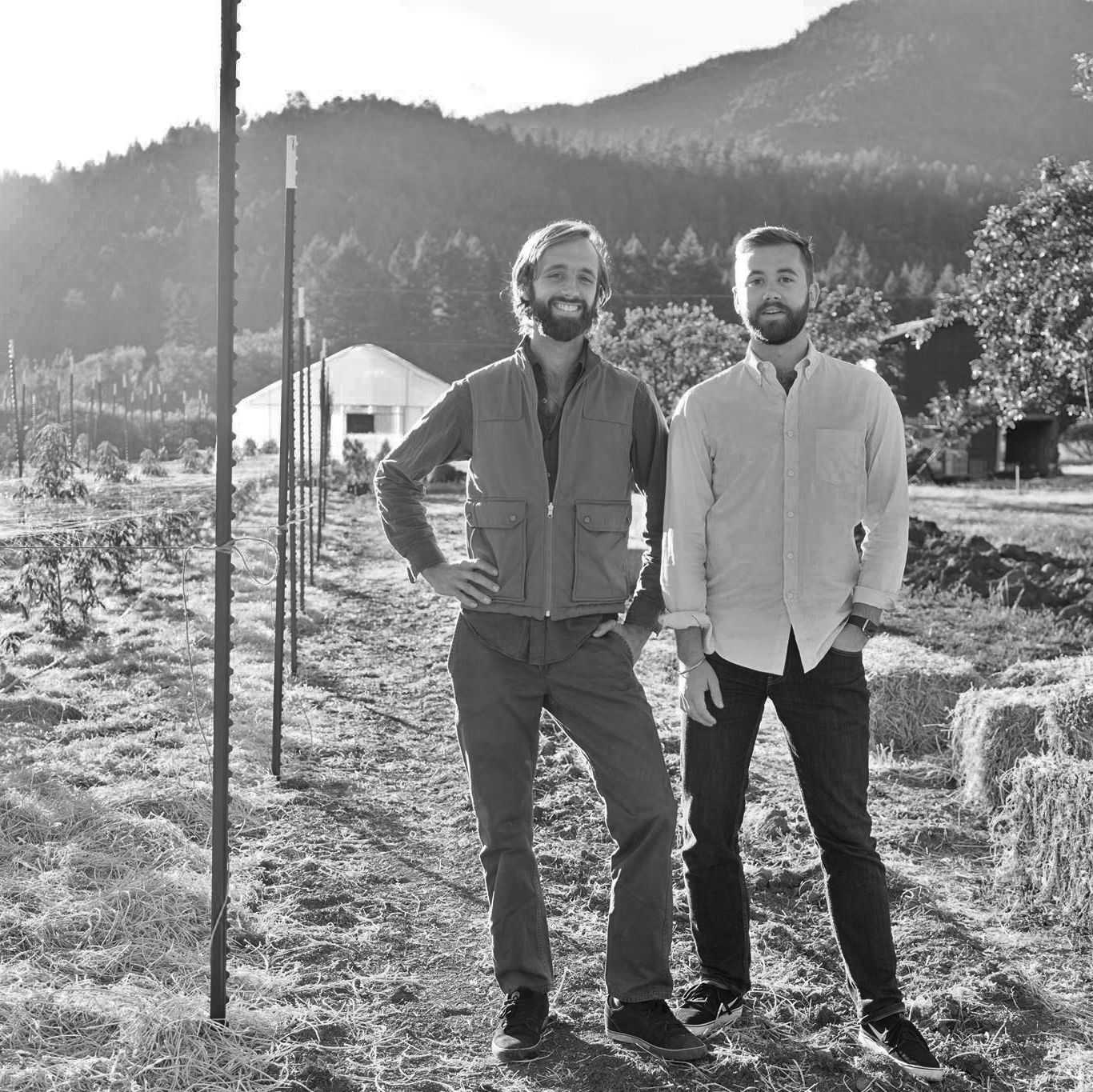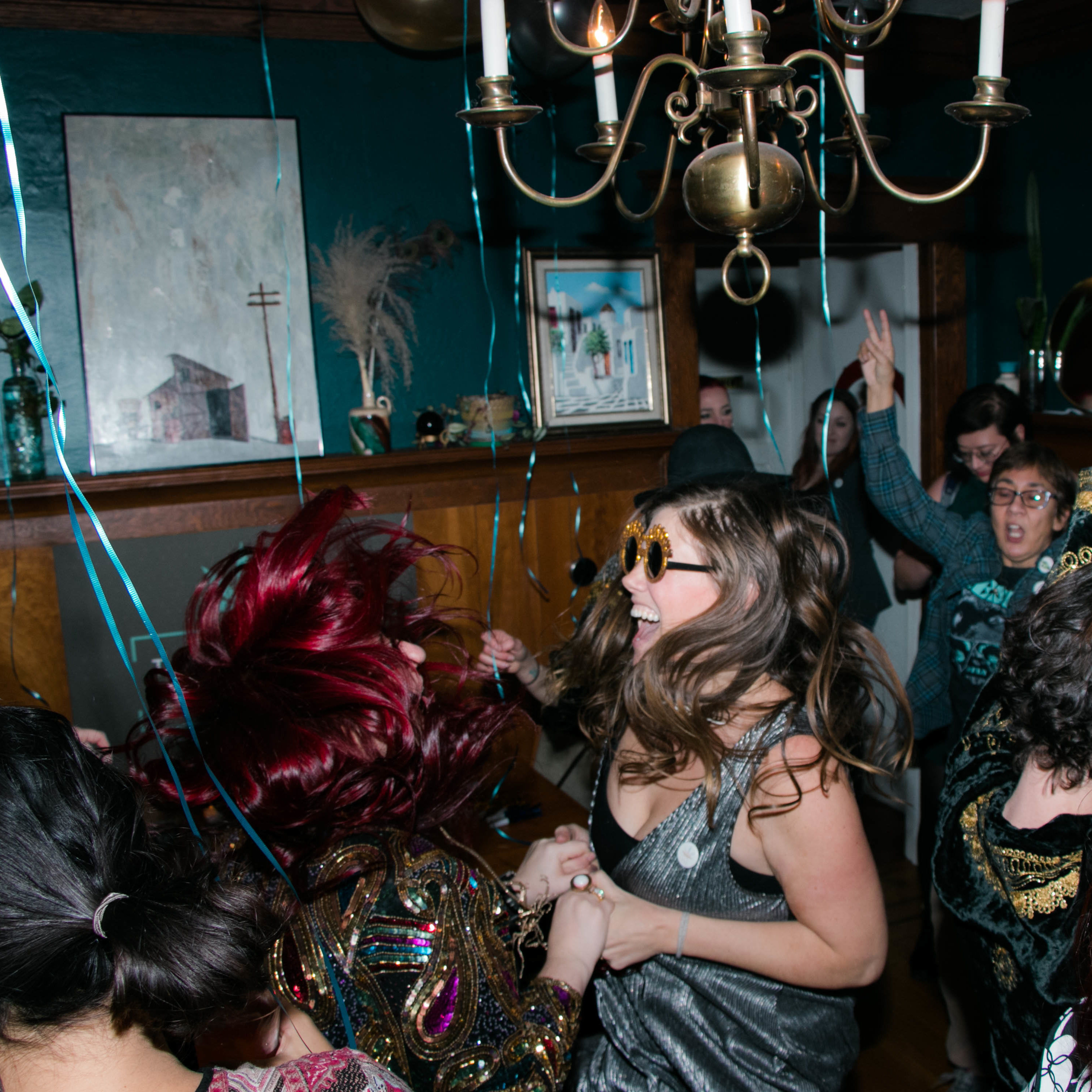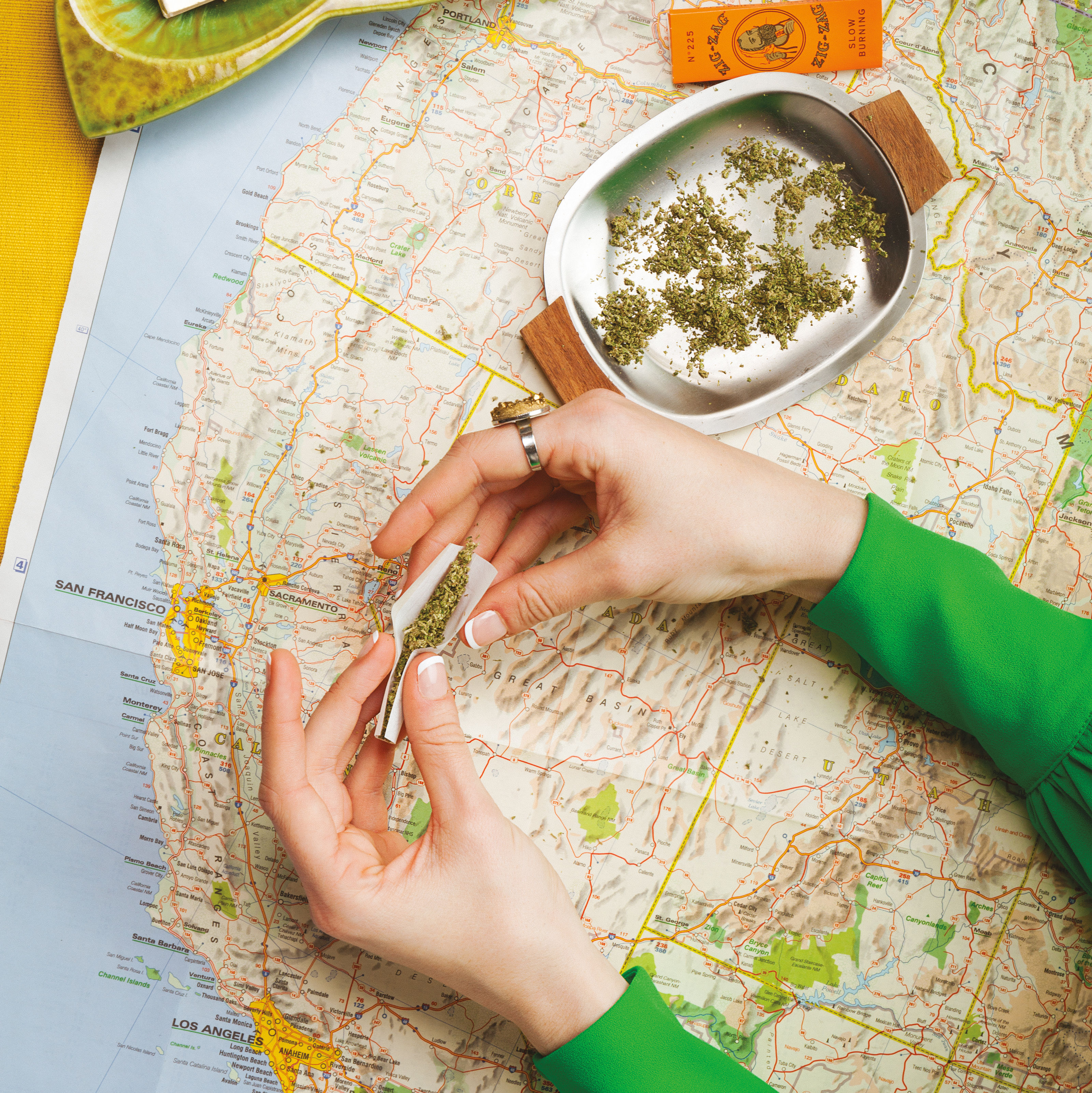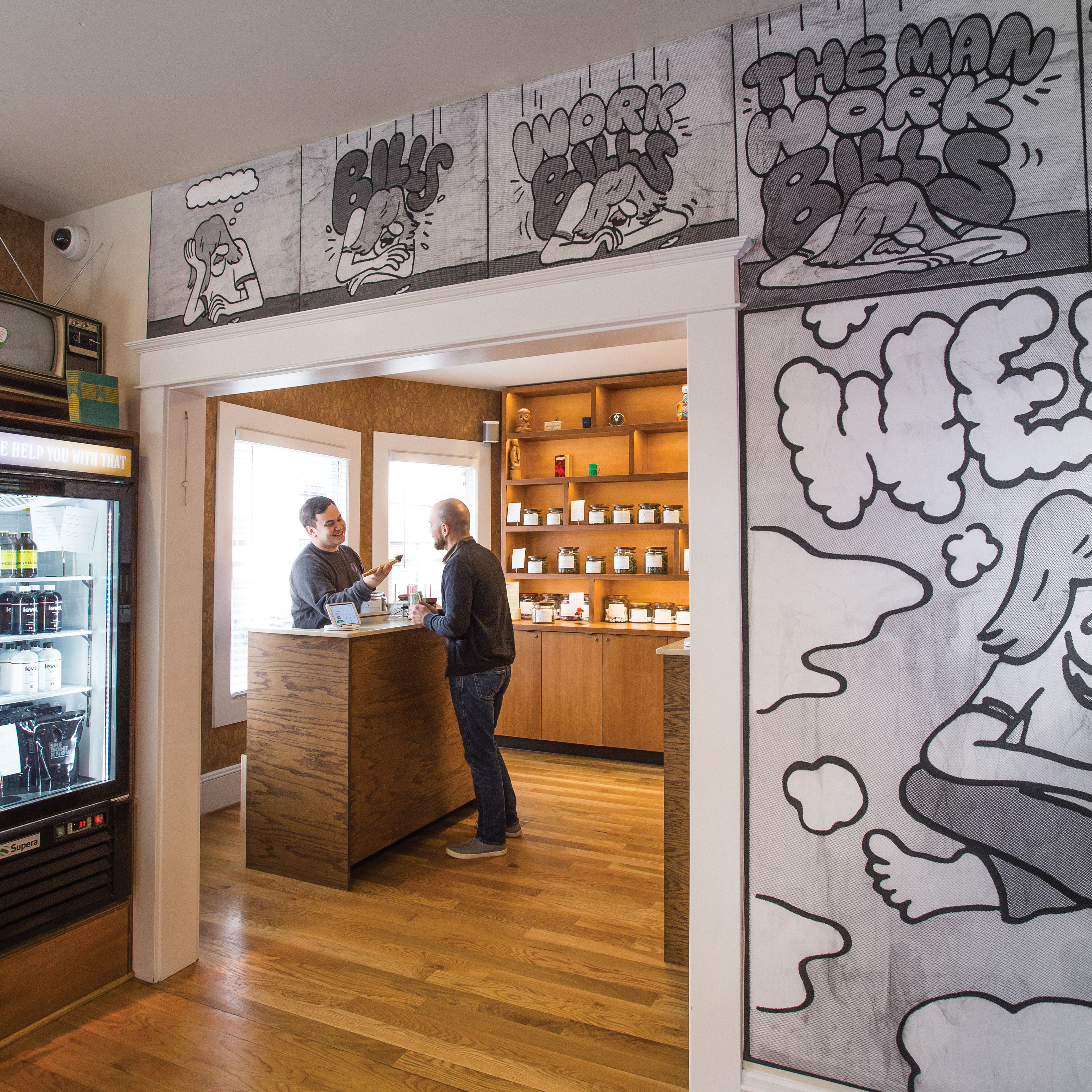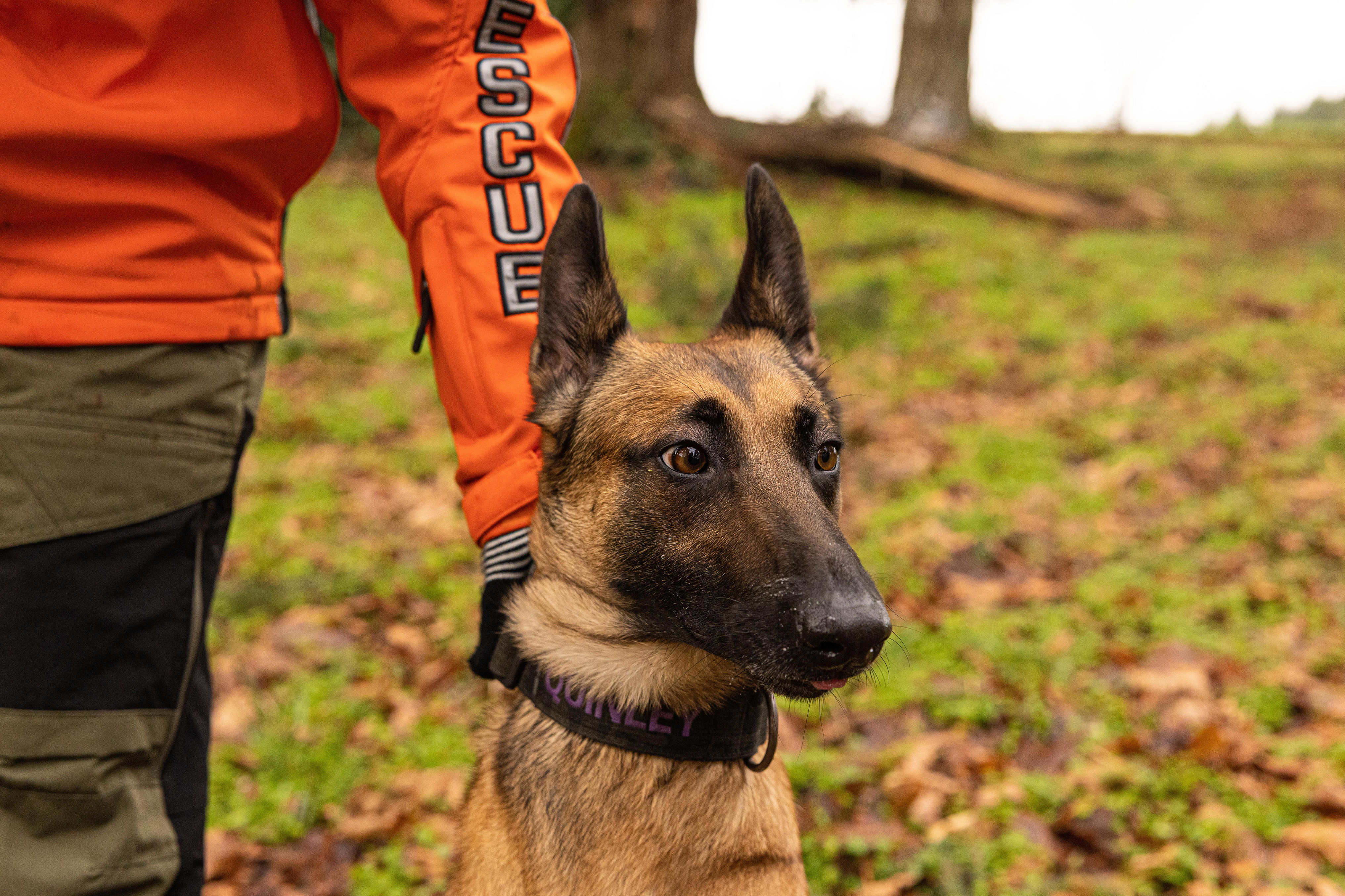Sativa Science Club Builds an Ambitious Education Program for Budtenders
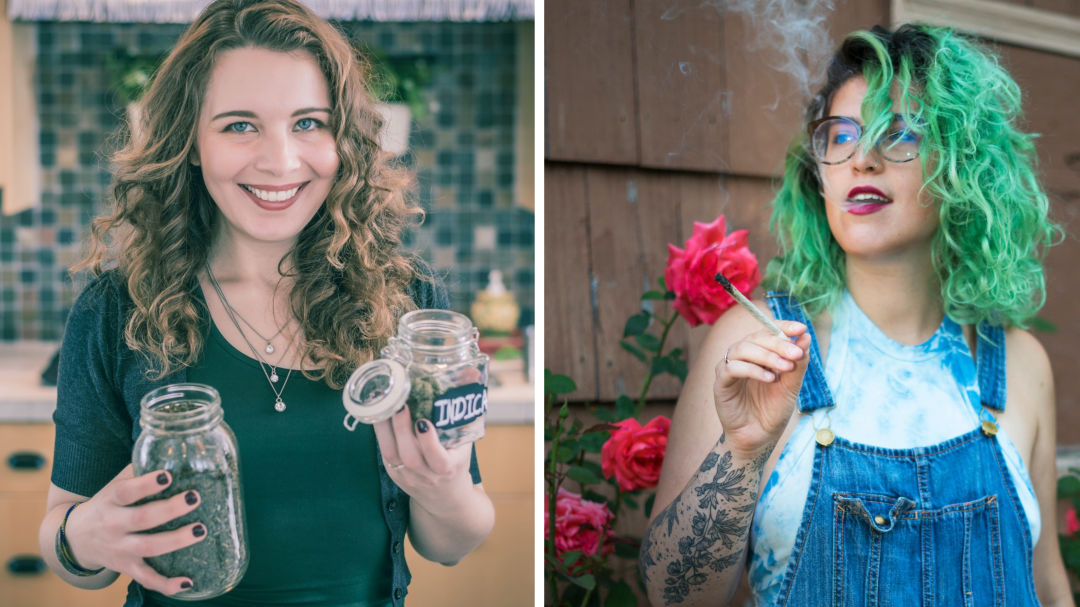
Mary J. Poppyns and Emma Chasen
Hypothetical scenario one: A patient walks into a cannabis dispensary and asks for help managing her cancer. Says the budtender, “Try some Rick Simpson Oil—it’ll cure it.”
Scenario two: A customer walks into a dispensary and asks who grew the Super Lemon Haze behind the counter. Says the budtender, “That’s an unknown grower.”
Hotshot former budtender Emma Chasen has seen many exchanges like this in her three years in Portland—and that’s a problem. Had an Oregon Liquor Control Commission inspector been there, she says, those dispensaries could now be closed.
“These are huge violations of compliance,” says Chasen. “Budtenders aren’t allowed to make any medical claims under OLCC guidelines. Also, the shop isn’t allowed to accept any cannabis product that hasn’t been tracked.”
Enter Sativa Science Club, an ambitious attempt to create structured, standardized education for budtenders. Led by Portland-based entrepreneur Mary J. Poppyns, the new endeavor—part professional certification, part social network, part guild—aims to bring scientific standards and medical ethics to the cannabis retail experience. In May 2017, Poppyns enlisted Chasen, who has a degree in medicinal plant research and experience running clinical oncology trials, to launch a three-month-long core science certification in botany, taxonomy, and even budtender etiquette. Chasen’s first cohort began in January; ultimately, she says, the hope is to expand this mold-breaking program across the nation.
“Budtenders are in this weird place,” she says. “Most likely they’re stoners, and that’s what qualifies them to do this job. But it shouldn’t be an entry-level position—it should be a position to work up towards. It’s really more like being a pharmacist.”
Chasen attributes most mistakes behind dispensary counters to ignorance (and overenthusiasm) rather than malfeasance. But that lack of baseline education isn’t just a potential liability for cannabis retailers, she says. It’s also bad for business.
“As cannabis guides, we need to transfer the agency to the consumer—that it will be up to you to track your consumption journal, figure out what works best for you,” says Chasen. Rather than making quick sales with wild claims, budtenders should act as detached medical consultants. That way, Chasen says, customers will “come back, even if they hated it, so you can advise something different.”
Which could all lead to scenario three: A customer walks into a dispensary and asks why the sativa they bought isn’t such a pick-me-up. Says the budtender, “Well, it goes back to the plant morphology....”

